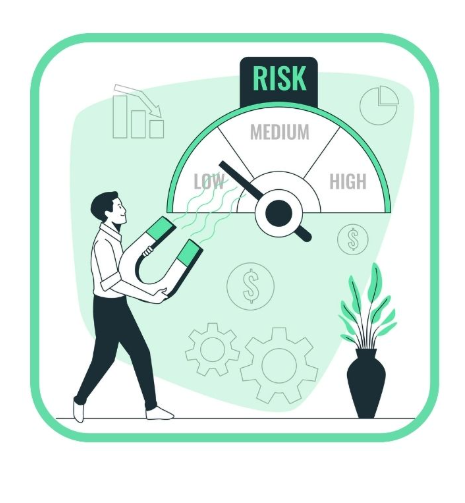In today’s fast-paced business landscape, managing risk is more critical than ever. At the forefront of this process is the Chief Financial Officer (CFO), whose role is vital in identifying, assessing, and mitigating potential risks to safeguard the organization’s financial stability and success.
Key Responsibilities of the CFO in Risk Management
- Identifying Risks: Spotting potential risks that could disrupt operations.
- Assessing Risks: Evaluating the probability and potential impact of these risks.
- Developing Mitigation Strategies: Formulating plans to reduce or eliminate risks.
- Monitoring and Reporting: Continuously tracking risk indicators and updating stakeholders on progress.
The Significance of CFO-Led Risk Management
Effective risk management, driven by the CFO, not only protects the company’s assets but also enhances strategic decision-making, positioning the business for long-term growth and success.
What is Risk Management?
Risk management refers to the proactive process of identifying, analyzing, and addressing threats that could hinder an organization from achieving its goals. These threats can span across various domains, including financial, operational, strategic, and compliance-related risks.
CFO Responsibilities in Risk Management
- Identifying Risks
CFOs utilize data analysis, forecasting, and market insights to spot risks early, giving the organization the time to respond before these risks impact the financial health or operations of the company. - Assessing Risks
Once risks are identified, the CFO evaluates their likelihood and the potential consequences on the company’s finances and business strategy. This assessment is essential to prioritize risk management efforts based on potential damage and likelihood. - Developing Mitigation Strategies
The CFO is responsible for creating and executing strategies that mitigate identified risks. These strategies could involve financial hedging, revising operational procedures, or improving compliance measures to avoid financial or reputational damage. - Monitoring and Reporting
Risk management is an ongoing process. CFOs track risk indicators, regularly update stakeholders, and ensure that the organization is continually adjusting to new and evolving threats. This monitoring ensures that the company remains agile and informed when making decisions.
The Benefits of Strong Risk Management Led by CFOs
When CFOs effectively manage risk, the results can be transformative for the company. Not only does it safeguard the company’s financial and physical assets, but it also supports better decision-making and strengthens the overall organizational strategy. Ultimately, this proactive approach to risk management enhances long-term sustainability and aids in achieving business objectives.


